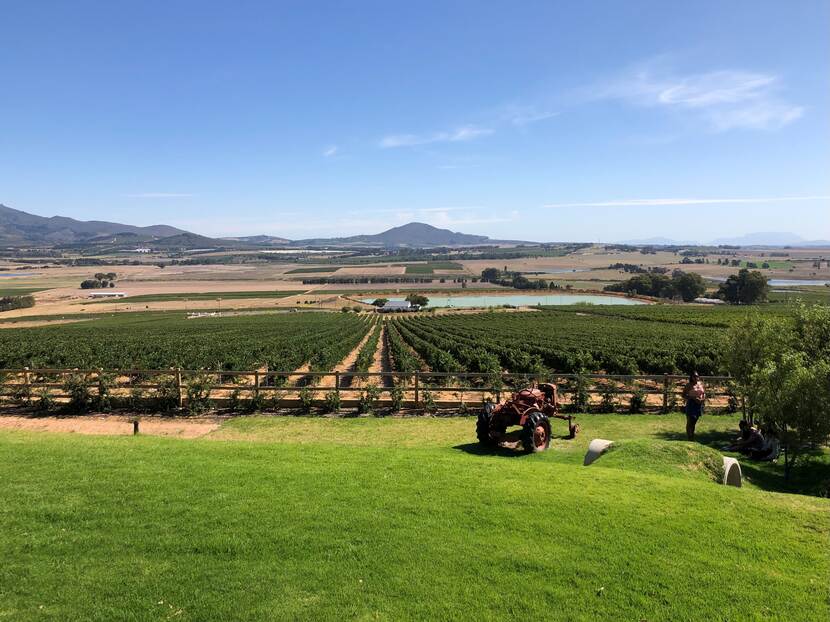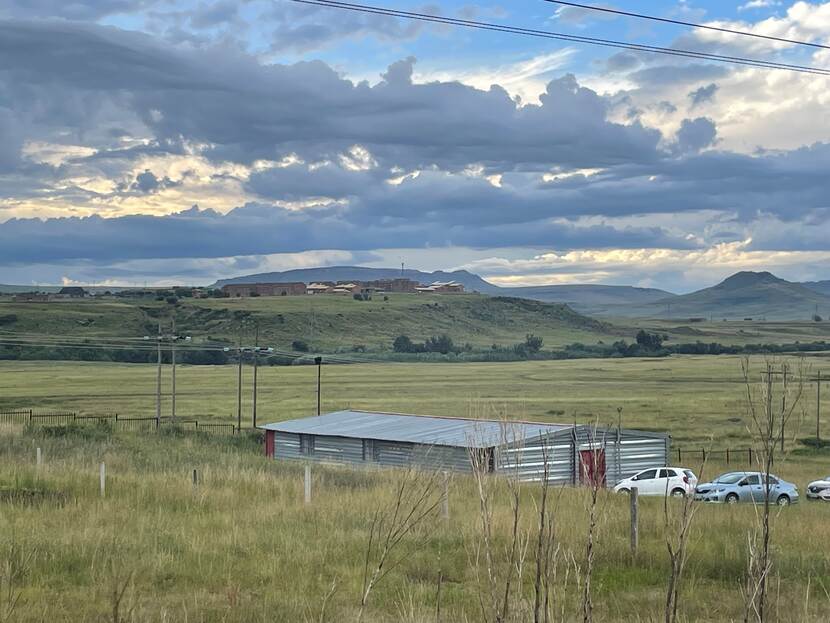Bloated fears around land expropriation in South Africa as country passes new bill
On 19 March 2024, South Africa’s National Council of Provinces passed the long anticipated Land Expropriation Bill. Although there has been much hype around the bill and fears over land ownership security, legal experts allay many of these fears.

The process
On both sides of the political spectrum there was disagreement with the bill, with two of South Africa’s biggest political parties taking vocal stances against the bill. The Democratic Alliance (DA) opposed it on the grounds that they believe it threatens land ownership security, while the increasingly popular Economic Freedom Fighters (EFF) argued it does not go far enough. Land is a contentious issue in South Africa, where much of the land is still owned by the minority white population of the country.
The bill was supported by all ANC-led provinces, but not the DA-led Western Cape. The National Assembly first adopted the Bill in September 2022 and as per law referred it to the The National Council Of Provinces (NCOP) for consideration and adoption. The NCOP made several amendments that concern language, terminology consistency and ensuring common law and customary law rights enjoy equal treatment. On 27 March 2024, National Assembly (re)adopted the bill as amended by the NCOP, paving way for President Ramaphosa to sign it into law.
Content of the bill
This Bill sets parameters for the expropriation of land for public purposes or in the public interest and when this can be done with 'nil' compensation. The Bill should not be confused with attempts to amend section 25 of the Constitution, which guarantees fair and just compensation in cases of land expropriation. The Constitution is the highest law in South Africa and takes precedence, meaning any law that contradicts the Constitution is null and void.
Instead, the Land Act - introduced in 1975 - has long needed alignment with the current Constitution, which was introduced following the first democratic elections in 1994. These recent changes therefore align the Land Act to the Constitution.
Additionally, in the bill, cases of nil compensation are limited to land held for speculative purposes, abandoned property (both land and buildings), indebted land and land posing a risk to public health and safety.

Inflated fears
Legal experts allay many of the fears that this bill threatens land ownership security in South Africa. Legal experts have pointed out technicalities in the law which have been misconstrued. The key word here is ‘nil,’ in ‘nil compensation’ for land expropriation. Nil denotes a monetary value and therefore is not the same as ‘no’ compensation.
Clause 12 of the new amendments allows the courts to determine the circumstances for nil compensation. This means that the courts can determine when nil compensation is neither just nor equitable as per the Constitution. It is expected that moves to expropriate for nil compensation will be contested, first via a consultative process required by the bill, and if there is no agreement, through litigation. Infringements of property rights in the near future are therefore unlikely.
In a nutshell
While land is a sensitive topic in South Africa and the passing of this bill has been divisive, it is clear that there is no immediate risk to land ownership security. This is an important outcome for the agriculture sector where land is a key asset. The amendments are also important for aligning the bill with the current Constitution, which guarantees fair and just compensation in cases of land expropriation.